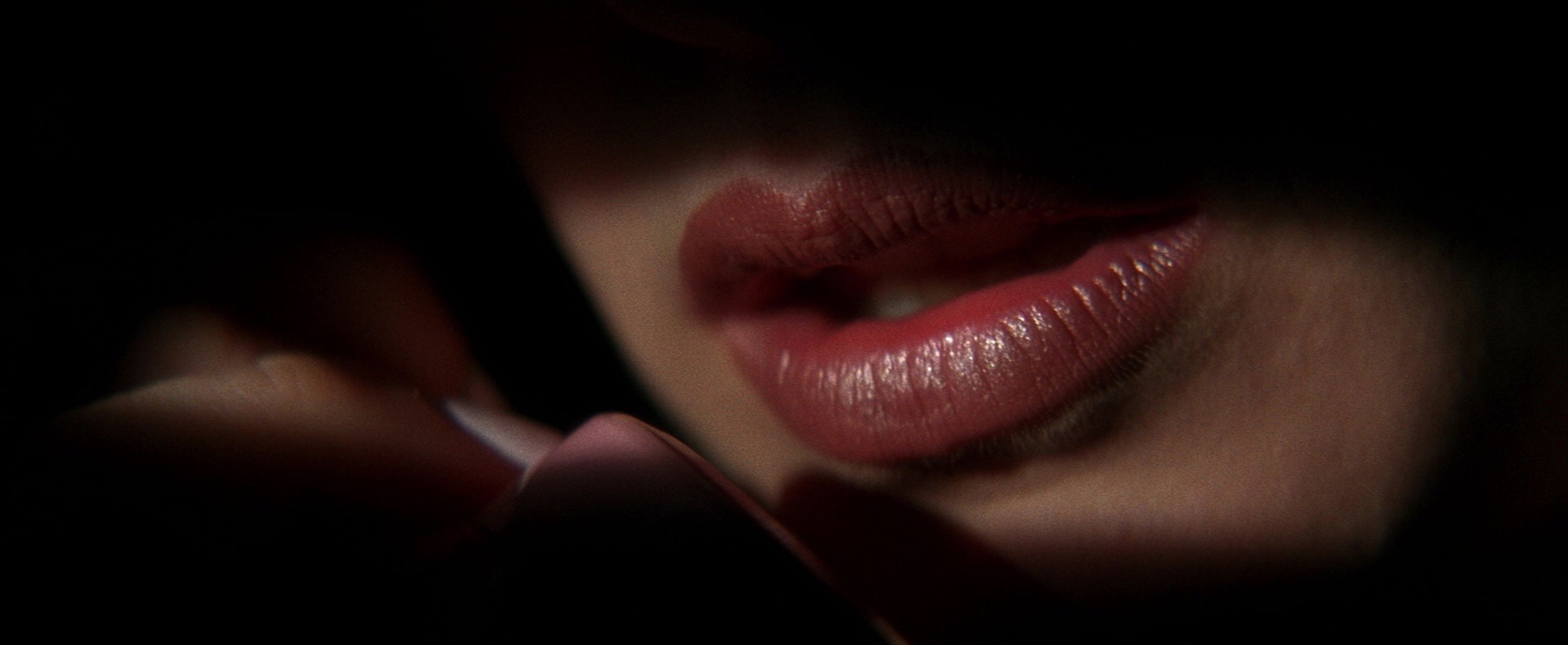David Lynch
Lost Highway
- DirectorDavid Lynch
- CinematographerPeter Demming
KASPER TUXEN Saw it at a midnight festival screening in Copenhagen in ’97, knowing absolutely nothing about it. From the opening credits to the final frame, I was completely blown away. A wonderful fusion of glamour and grit, seamlessly intertwined with the score - both Angelo Badalamenti’s compositions and the original tracks.

The Storyline
David Lynch’s Lost Highway is a surreal neo-noir that blurs reality, identity, and dream logic. The story begins with Fred Madison (Bill Pullman), a jazz musician who receives mysterious videotapes showing the interior of his house, suggesting he is being watched. His marriage to Renee (Patricia Arquette) is tense, and after a disturbing encounter with a sinister figure known as the Mystery Man, Fred is accused of murdering Renee.
While in prison awaiting execution, Fred inexplicably transforms into another man: Pete Dayton, a young mechanic (Balthazar Getty). Pete is released and becomes involved with Alice, a woman who looks identical to Renee (also played by Arquette), but who is connected to dangerous gangster Mr. Eddy. Pete and Alice’s affair spirals into betrayal, crime, and violence. Eventually, the identities of Fred and Pete collapse into one another, and the film loops back toward its beginning, leaving reality, fantasy, and delusion indistinguishable.
The Reception of Lost Highway
When it was released in 1997, Lost Highway divided critics. Many were baffled by its fragmented structure, looping narrative, and refusal to resolve its mysteries. Some dismissed it as incoherent or indulgent, while others praised it as bold and hypnotic. It did poorly at the box office in the U.S., but later gained a strong cult following and was reappraised as a key work in Lynch’s career. Today, it’s often seen as a precursor to Mulholland Drive (2001) and Inland Empire (2006), sharing their themes of fractured identity, noir atmosphere, and dreamlike narrative logic.
The Soundtrack
The film’s soundtrack, produced by Trent Reznor (Nine Inch Nails), included contributions from David Bowie, Marilyn Manson, Lou Reed, and Rammstein. This industrial-rock edge helped cement its cult status.









